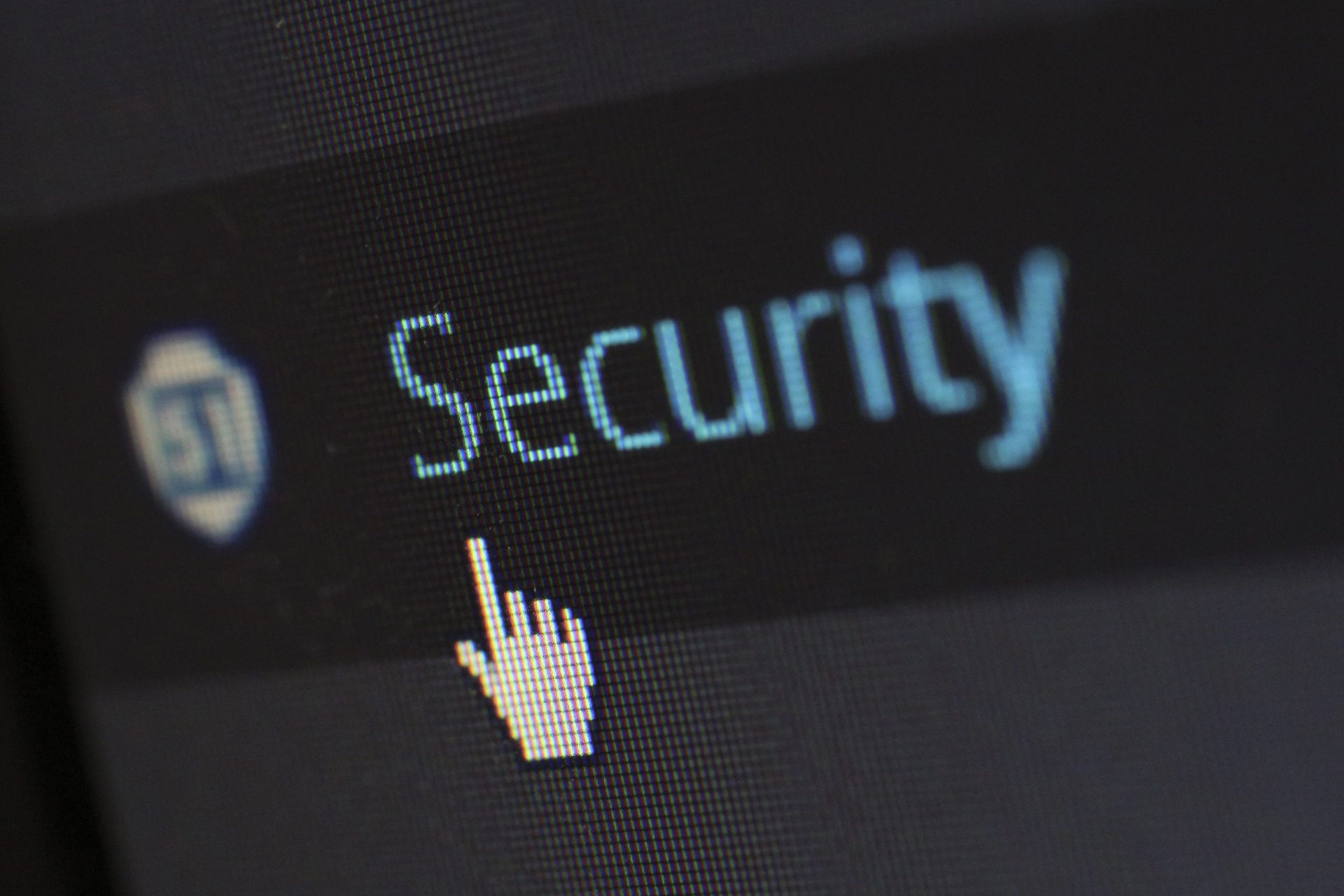The realm of cryptocurrency offers numerous opportunities for digital investment, trading, and transactions. However, it also carries risks, particularly in terms of cybersecurity threats. This guide is designed to provide you with the essential knowledge and tools needed to safely navigate the world of cryptocurrency, safeguarding your assets from potential vulnerabilities.
Recognizing the Dangers
Before delving into safety strategies, it’s essential to grasp the associated risks. Cryptocurrency lacks the protection of the Federal Deposit Insurance Corporation (FDIC), which means that losses from hacks, exchange collapses, or theft can be irreversible. The unregulated nature of the market adds complexity, underscoring the importance of prioritizing security.

Foundational Security Practices
Implement Two-Factor Authentication (2FA)
Enabling 2FA on your cryptocurrency wallets and exchanges is a fundamental measure to secure your assets. This extra layer of verification helps thwart unauthorized access, even if someone obtains your password.
Transfer Crypto to a Personal Wallet
While keeping your cryptocurrency in an exchange wallet is convenient, it also poses significant risks. Instead, move your holdings to a personal wallet under your control. This action mitigates the risk of loss in the event of an exchange breach or insolvency.
Back Up Your Wallet
Always back up your wallet’s seed phrase and store it securely. This backup allows you to regain access to your wallet if your device is lost or if you forget your password. However, never disclose your seed phrase to anyone or enter it on any website.
Utilize Strong and Unique Passwords
Employ robust, unique passwords for your wallets and exchanges. Consider using a password manager to create and securely store complex passwords. Additionally, ensure that your wallet password is distinct from your other passwords for heightened security.
Consider Hardware Wallets
Contemplate using a hardware wallet to store your cryptocurrency. These devices offer an added layer of security by storing your private keys offline, protecting them from potential online threats.
Advanced Security Practices
Avoid Public Wi-Fi
Public Wi-Fi networks are vulnerable to eavesdropping and man-in-the-middle attacks. Whenever feasible, opt for a private, secure internet connection. If public Wi-Fi is unavoidable, contemplate using a Virtual Private Network (VPN) to encrypt your connection.
Regularly Update Software
Ensure that all your software, encompassing operating systems, browsers, and cryptocurrency wallets, is consistently updated. Updates frequently contain security patches that remedy vulnerabilities exploited by attackers.
Educate Yourself About Common Scams
Remain vigilant against prevalent scams like phishing emails, counterfeit giveaways, and deceptive websites. Investigate any suspicious activity or entity before engaging, and refrain from clicking on links or downloading attachments from unfamiliar sources.
In Conclusion
Safely maneuvering through the cryptocurrency market necessitates a proactive stance on security. By integrating basic and advanced security measures, you can significantly diminish the risk of falling victim to cyber threats and losing your assets. Remember, safeguarding your digital assets in the crypto realm hinges on vigilance, knowledge, and taking necessary precautions.




